
August 26, 2025
On August 21, Ireland’s Minister for Transport, Darragh O’Brien, officially launched the country’s first Sustainable Aviation Fuel (SAF) Policy Roadmap, delivering on…

August 26, 2025
The European Waste-based and Advanced Biofuels Association (EWABA) is pushing for the rapid adoption of the Union Database (UDB) to ensure the…
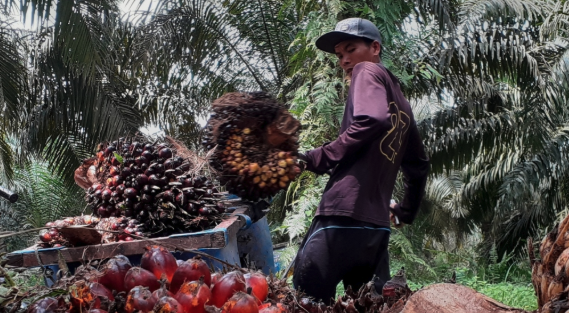
August 25, 2025
Indonesia has stepped up pressure on the European Union to immediately remove countervailing duties on biodiesel imports, following a World Trade Organization…
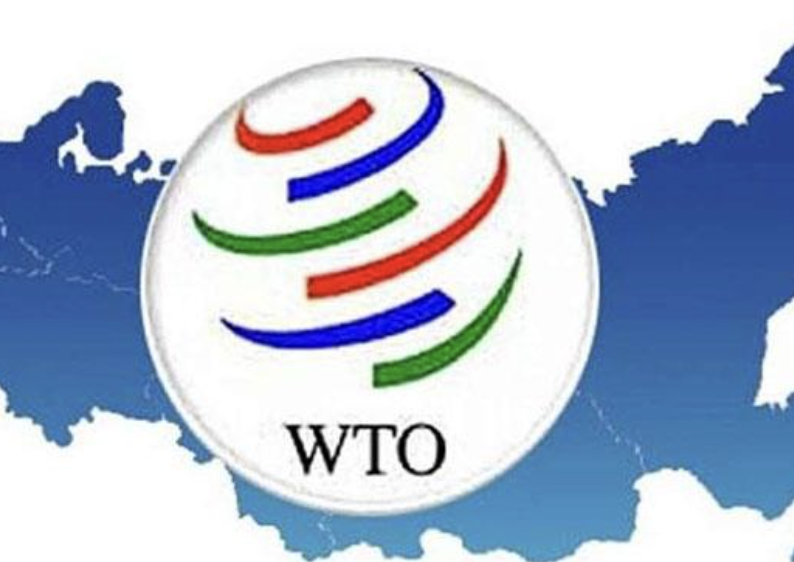
August 23, 2025
The World Trade Organization (WTO) has issued a ruling that supports Indonesia in its dispute with the European Union (EU) over countervailing…
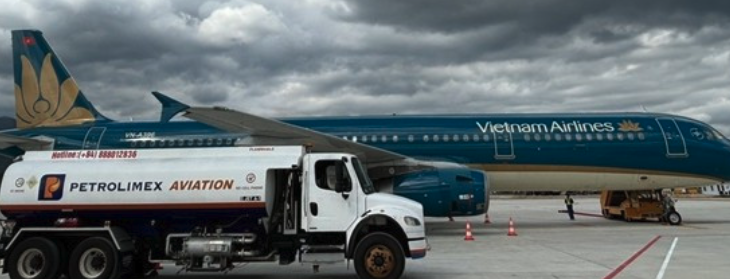
August 22, 2025
On August 15, Petrolimex and Petrolimex Aviation announced the official availability of sustainable aviation fuel (SAF) at Nha Be Petroleum Depot in…
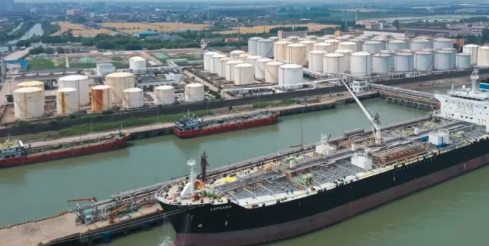
August 19, 2025
Lloyd’s Register’s latest FOBAS Fuel Insights report finds that despite growing fuel diversity and tighter environmental regulations, global marine fuel quality remained…

August 16, 2025
The European aviation and fuel industries have issued a unified call for the European Union to adopt seven critical measures to accelerate…
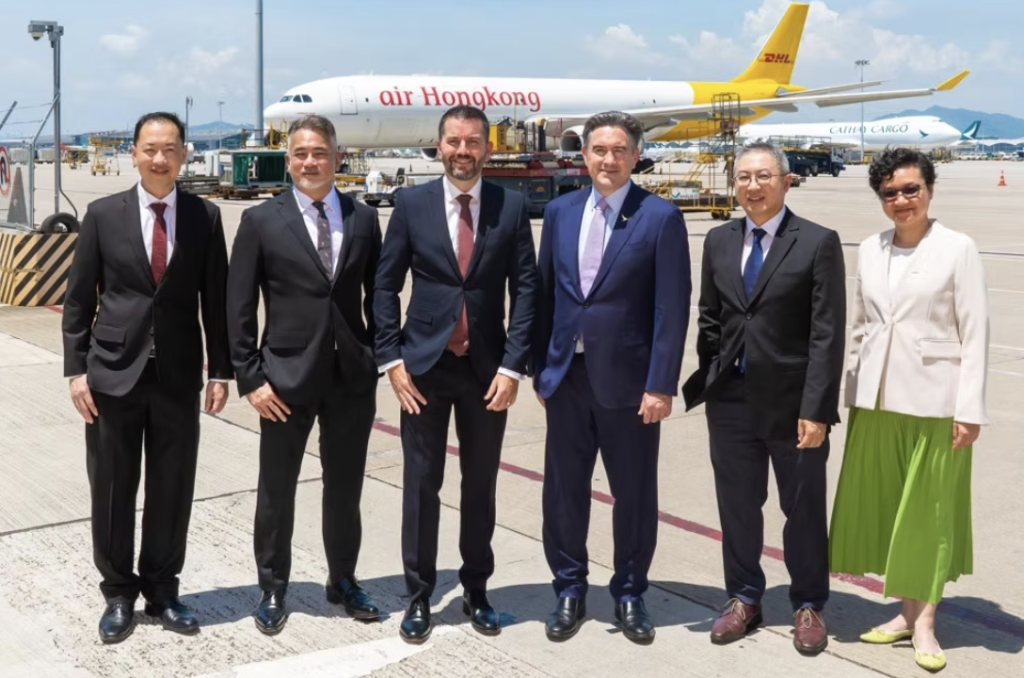
August 14, 2025
Cathay Group announced on August 13 that it has entered into a new sustainable aviation fuel (SAF) partnership with DHL Express to…
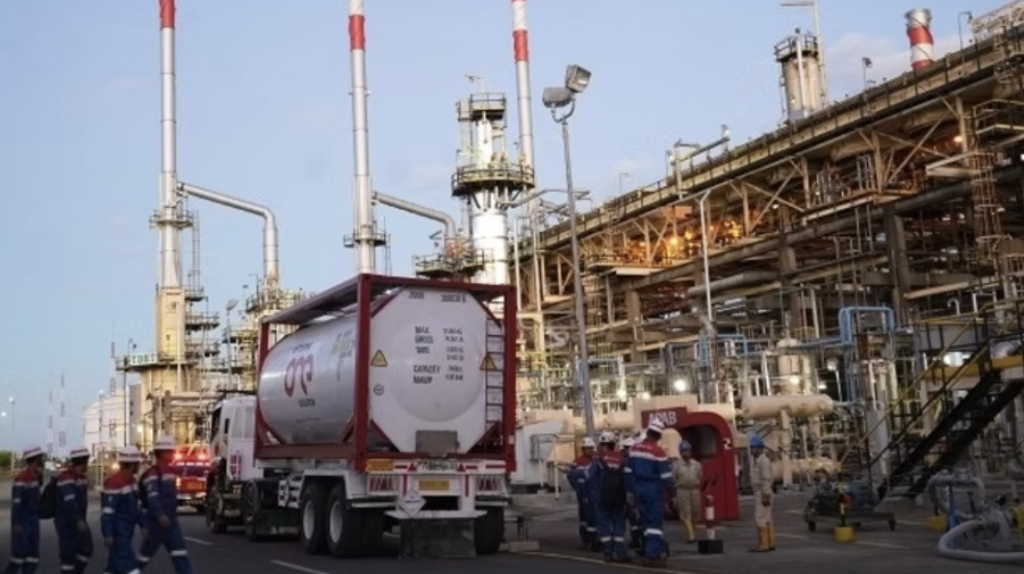
August 14, 2025
Indonesia’s PT Kilang Pertamina Internasional (KPI) Cilacap Refinery, in collaboration with the Lemigas laboratory, has completed a series of quality standard tests…
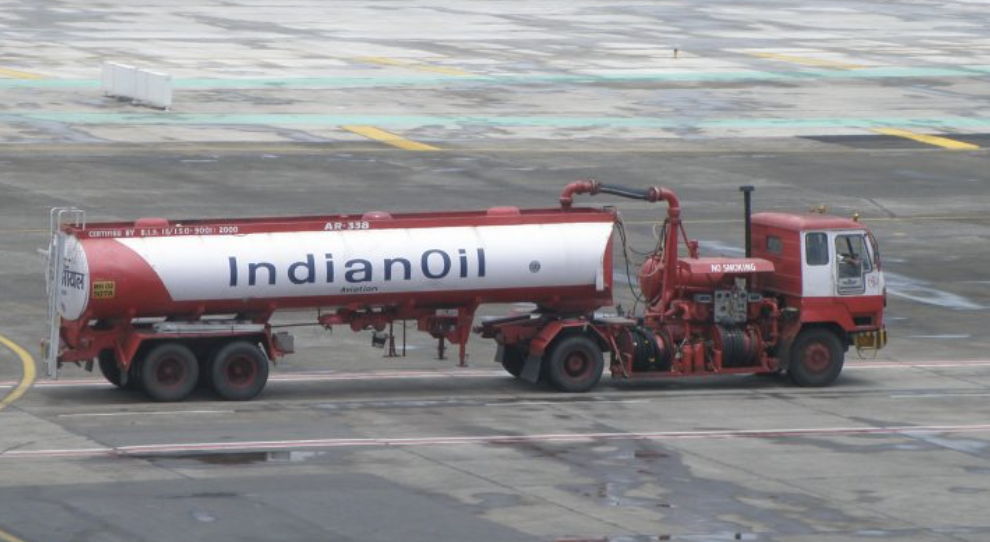
August 14, 2025
Indian Oil Corporation’s Panipat refinery, which converts waste cooking oil (uco) into jet-grade fuel, has become India’s first certified sustainable aviation fuel…










